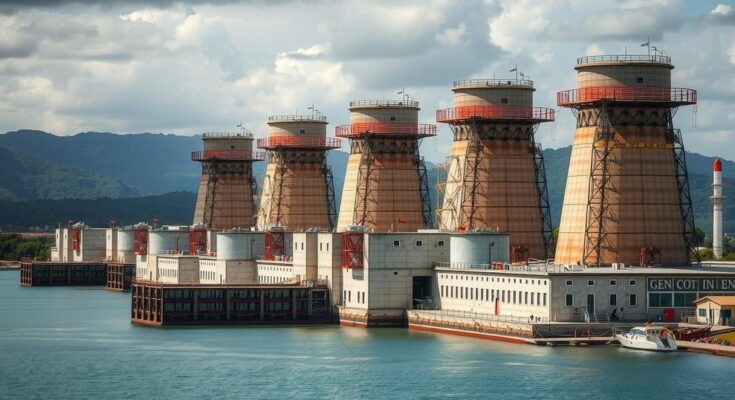Following elections in Mozambique, protests have paralyzed two power plants, as reported by the national utility company. This situation demonstrates the political unrest’s impact on essential services in the country.
Post-election demonstrations in Mozambique have led to the incapacitation of two key power plants, as officially reported by the national utility company, Electricidade de Moçambique. The protests erupted following the recent election results, prompting significant unrest. This situation highlights the intersection of political tensions and infrastructure stability in the region and demonstrates the profound impact of civic engagement on essential services.
In the backdrop of Mozambique’s political landscape, elections often evoke strong emotions and actions from various factions within society. Protests following elections are not uncommon in the country, as citizens voice their concerns regarding governance and electoral integrity. The power plants, crucial for the country’s electricity supply, now face operational challenges due to civil unrest, which underscores the delicate balance between politics and public service.
In summary, the ongoing protests in Mozambique reflect deep-rooted political discontent, resulting in significant disruptions to the country’s energy supply. The paralysis of essential power plants indicates the extensive socio-political ramifications of the recent electoral process. Understanding such dynamics is critical for addressing the underlying issues that fuel civic disobedience and ensuring the stability of vital public services.
Original Source: www.barrons.com



